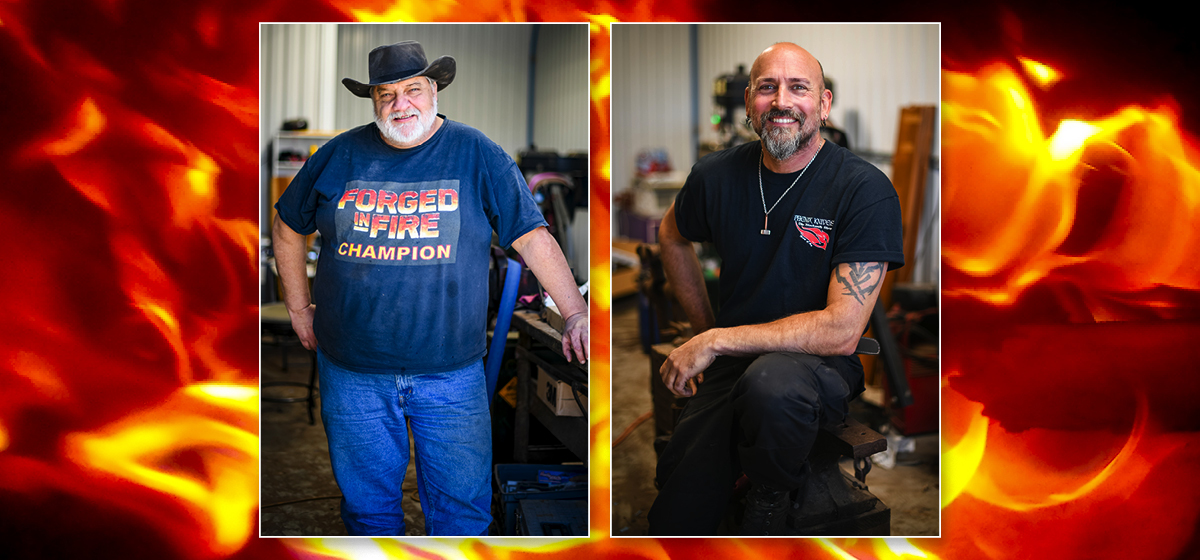Elizabeth Crook has lived in Washington, DC and even Australia, but she is “rooted in Texas,” having lived in San Marcos, Nacogdoches, and now Austin. She’s written five novels, all of which are set in Texas or the west, and she won the 2015 Jesse Jones Award for Fiction from the Texas Institute of Letters. But her writing ability has helped her transcend regional labels—indeed, The New York Times praised her “marvelous dexterity with language;” Kirkus describes her writing as “confident and lyrical”; and Robert Duvall called her latest work, The Which Way Tree, a “beautiful novel with wonderful characters.”
My parents were living in Nacogdoches when I was born, but I was actually born in Houston. At the time, my father was a minister of a Catholic Church in Nacogdoches, but he resigned to run for Congress on a civil-rights platform. Of course, he lost. That same year, he took a job at the San Marcos Academy, and I was one-year old when we moved there. President Johnson then appointed my dad to a couple of positions in his administration, which prompted us to move to Virginia and then Australia, where my father served as Ambassador. When Nixon won the 1968 election, Johnson’s political appointees were out of a job, so we came back to San Marcos, where I finished elementary, junior high, and high school. For college, I went to Baylor for two years, then transferred to Rice, where I graduated.
I did fine from San Marcos to Virginia, but Australia was a big stretch for me. In the latter case, we went from having a regular life to living in the embassy residence with a lot of staff. I felt the weight of needing to be on good behavior all the time, of representing not only our family well, but also our country! We were kids, but we were aware of that responsibility. I remember having to be in photographs quite often, and wanting to get away from people. But while these things were at times unpleasant for a young child, they were good experiences. I believe it helped me grow up, and I think all challenging experiences that aren’t destructive are probably good for us. I look back on it as a whole different culture. I went to the Cambridge Church of England Girls Grammar School, and each morning we pledged allegiance to the Queen. It was disorienting.
I did meet him, on several occasions. I remember being tongue-tied. He walked into the room, and the center of gravity shifted. He was sure of himself, and I was aware of that even as a child, when I wasn’t sure of myself. I was in awe of him. And Mrs. Johnson was so kind. I got close to her later in her life, and she attended some of my book events and bought my books. When her eyesight began to fail, she would get the books on audio and listen to those. She was a very warm person.
After I got out of Rice, I began writing what became The Raven’s Bride. But I didn’t know what I was doing, so it took a lot of drafts. It was accepted by Texas Monthly Press, and I was going to publish my first novel! Unfortunately, they were sold before it came out, so I was without a publisher again. Thankfully, Bill Moyers had read it, and he offered to send it to Jackie Onassis, and she called me and said she said she liked it and that Doubleday would like to buy it! She was lovely to me. She was a good editor; she read everything herself; looked over things thoroughly; she marked things up, and made the appropriate changes. She worked with me on my second book, Promised Lands, too. In fact, if I remember correctly, she passed away on the day it was published.
I think Sam Houston is a figure she knew and respected, at least in part based on Kennedy’s work in that book. And that may have contributed to her positive feeling about the characters. But I don’t know how much, if any, that it played a role.
 What attracted you to Sam Houston and Eliza Allen as subjects for your very first novel?
What attracted you to Sam Houston and Eliza Allen as subjects for your very first novel?I told my dad I wanted to write about a woman who had been overlooked in history, and he had just finished reading The Raven by Marquis James. My dad said Houston had married an “enigmatic woman;” from there, it was just compulsive research on my part. Who was she? Why did she leave? It was easy to get information on Sam Houston, but there isn’t much out there on Eliza, and when you are writing about them, you feel the presence that they are sort of looking over your shoulder as you write. It requires you to presume you can know things, and I don’t know that I would try that again, but I think I came pretty close to the truth in the novel.
I think she did not love him. I think it was kind of an arranged situation she was pressured into. She was in love with someone else. Sam Houston began to realize this more and more from her coldness to him, and he was heartbroken. He was genuinely devastated, emotionally and politically.
I think it’s hard to intrinsically change someone, but I think she might have reformed his behavior. He changed the way he lived because of Margaret, but I honestly don’t think he changed who he was.
I went to Tennessee, where they would have lived when they were married, and I did a lot of on-the-ground research. I found her relatives’ gravestones, the site of their home. I also came to Huntsville, and I visited the wonderful Sam Houston Memorial Museum. Today, you can find a lot of information on the internet, but that wasn’t true back then. Before the internet, it was like a treasure hunt to go out and look for the information you needed, and readers knew what went into that, and I think they appreciated that you took the time to get it correct. It was their introduction to that world. Today, much of the information can be found on the internet, and I think readers are less appreciative of that kind of description. It has changed what is valued in historical fiction.
I think readers often wonder where characters come from. They are often a compilation of people I know, but it would be boring to write about myself. There’s the adage of “write what you know,” and I do that for the setting and the history. I write about places and times that I know well, but I don’t need to be someone to create that character. I want imagination to be part of it.
 Your current novel, The Which Way Tree, has a lot of humor in it. At times, it reminded me of the southern humor of Mark Twain.
Your current novel, The Which Way Tree, has a lot of humor in it. At times, it reminded me of the southern humor of Mark Twain.Thank you for saying that. I wasn’t thinking of Twain when I wrote this, and it’s been a very long time since I have read him. But I tried to capture a voice that was true to the period of the mid-to-late 19th century, and I did that by reading a lot of first-hand accounts from that time. I did try to incorporate humor; I laughed when I wrote it! I’m not sure if it’s my family sense of humor or a Texas sense of humor, but I wanted others to think of it as funny.
Previously, I tended to rebel against that description, because I think it makes you a regional writer. But I now appreciate it, and I feel it gives me a sense of place. I’m most comfortable in this terrain—I tend to be pretty rooted in Texas. I like it here. I know the place. I wouldn’t want to write about a place that I hadn’t been and spent significant time in, because I wouldn’t have a true sense of it. Texas just keeps popping up in my mind when I think about what to write next.
 I read that one of your inspirations was country music.
I read that one of your inspirations was country music.I love country music. I grew up in San Marcos, home of the Chilympiad. In high school, we would go to Gruene Hall, listen to live music and dance. I don’t have a chance to listen to as much live music as I used to, but I still listen on the radio. I love Jerry Jeff Walker and Willie Nelson. Those are really my two favorites, when I just want to sit and listen.
Texas is home for me. I grew up here. I think it’s familiarity—it’s knowing the people here, and really liking Texans.



